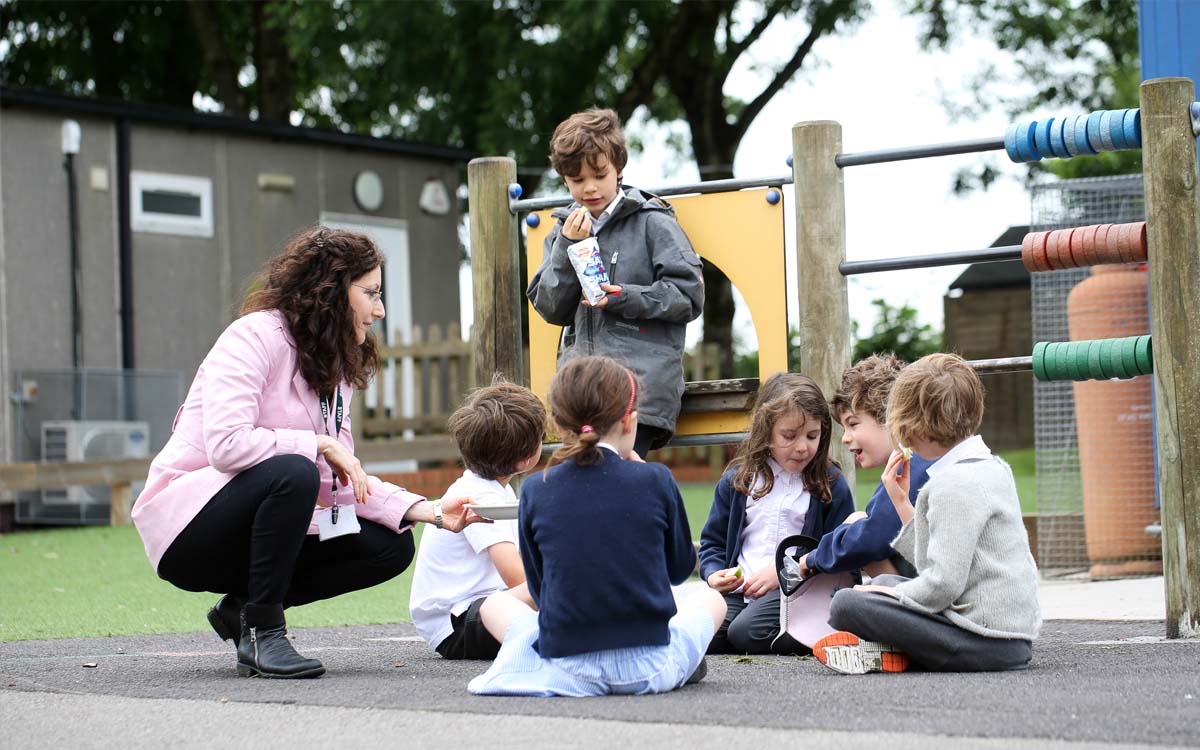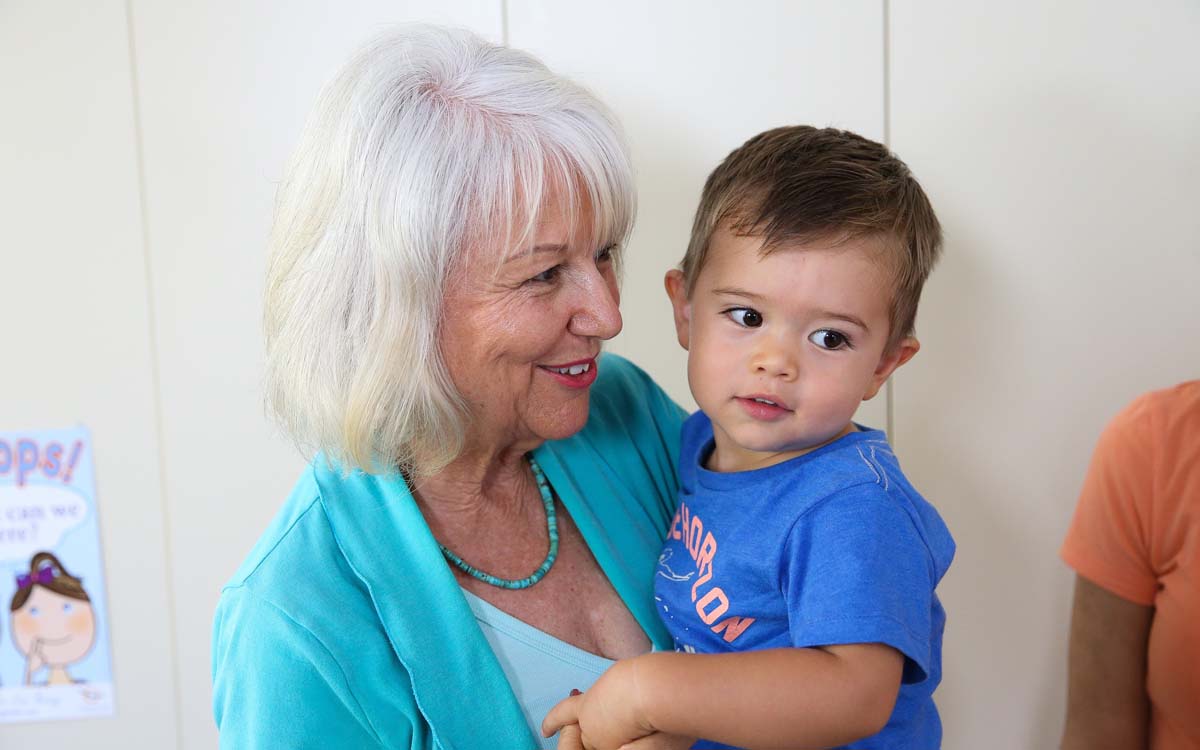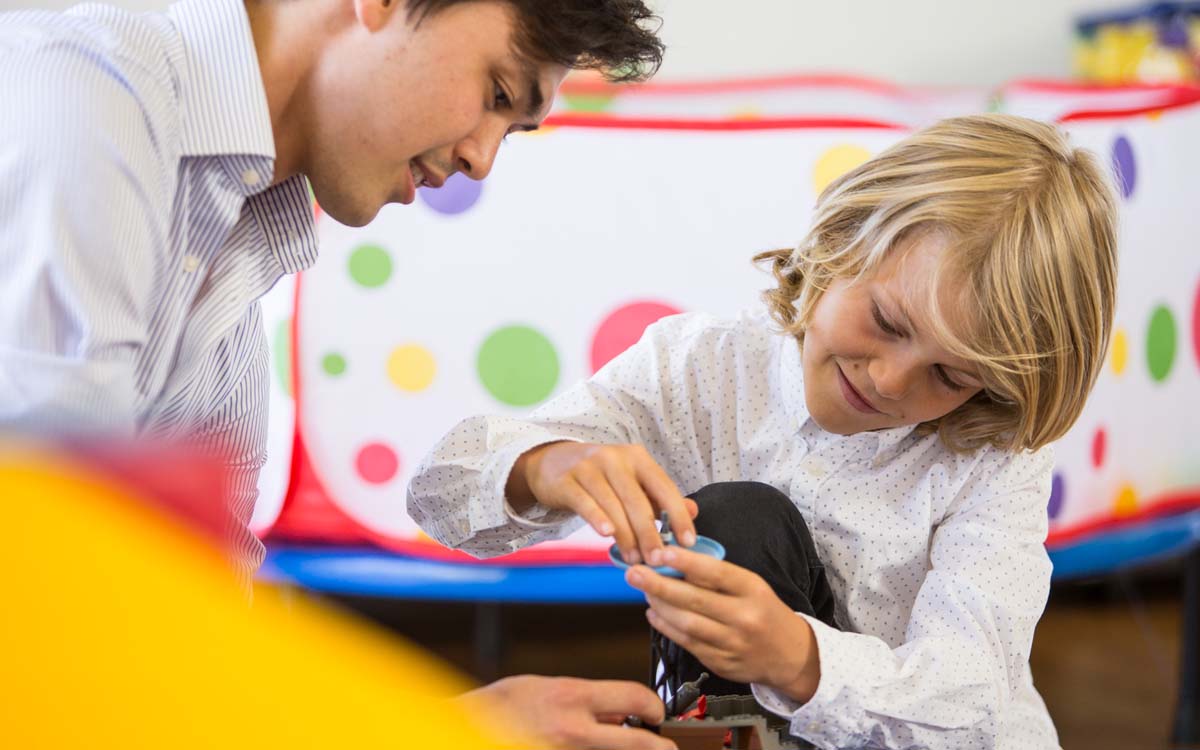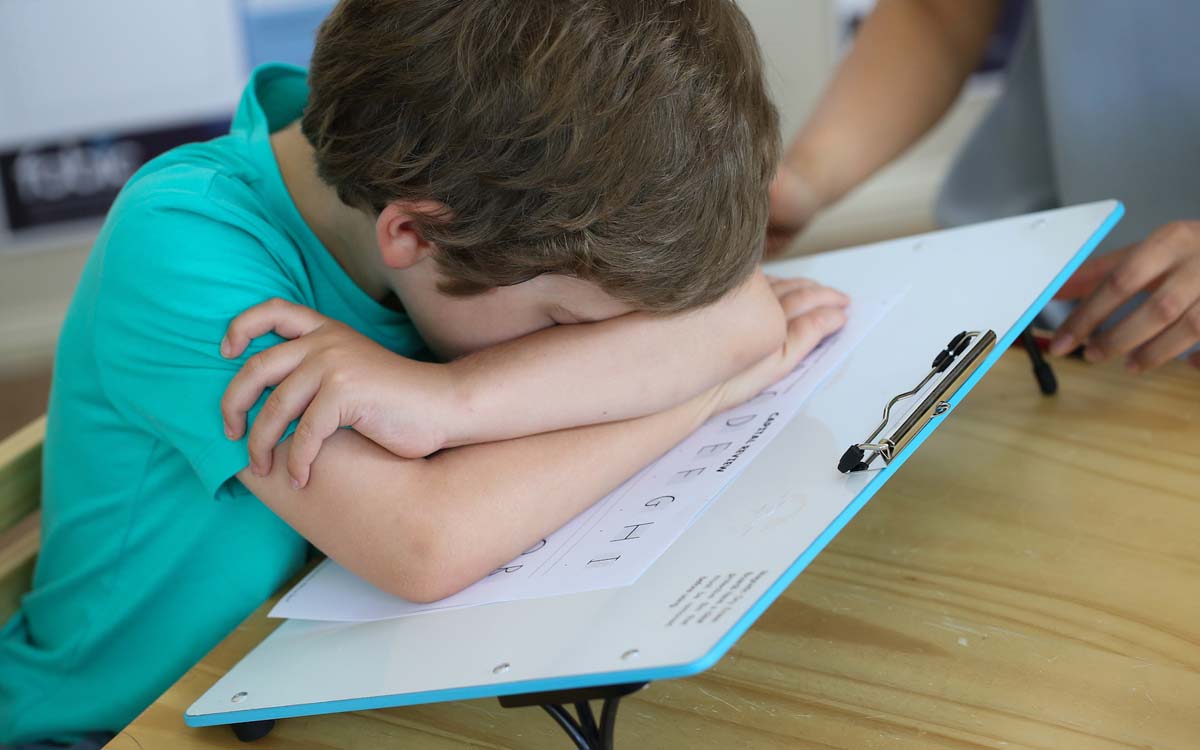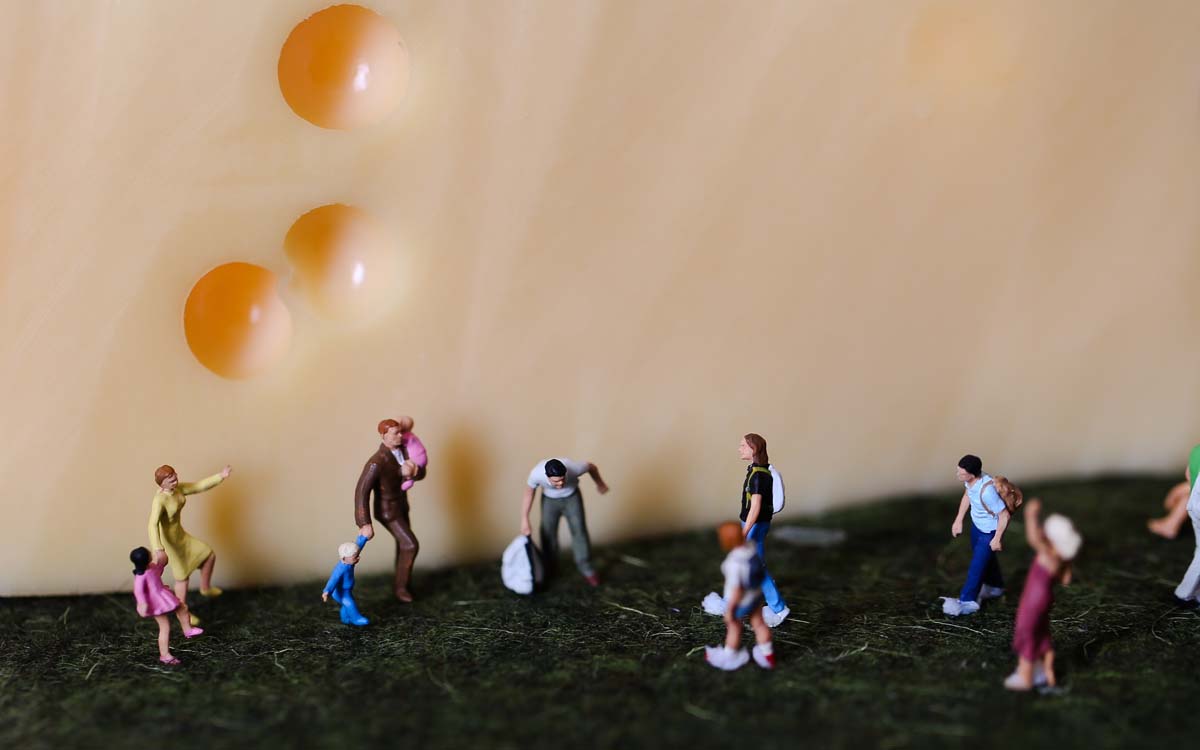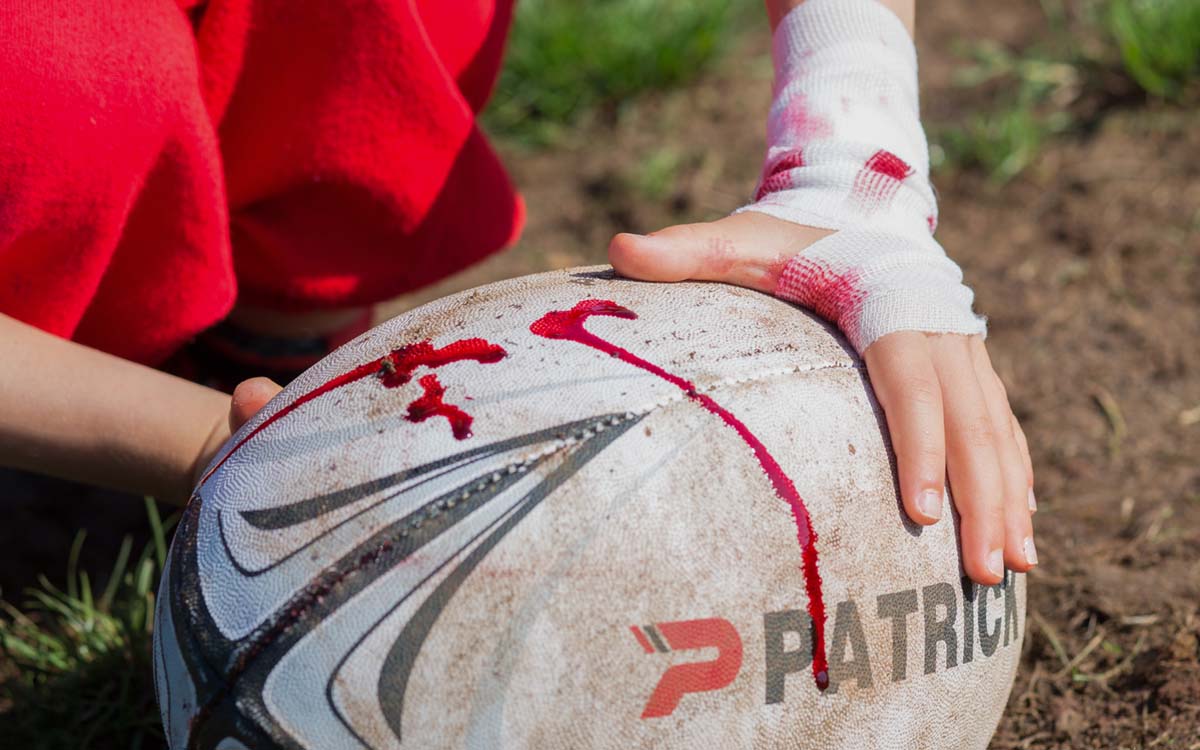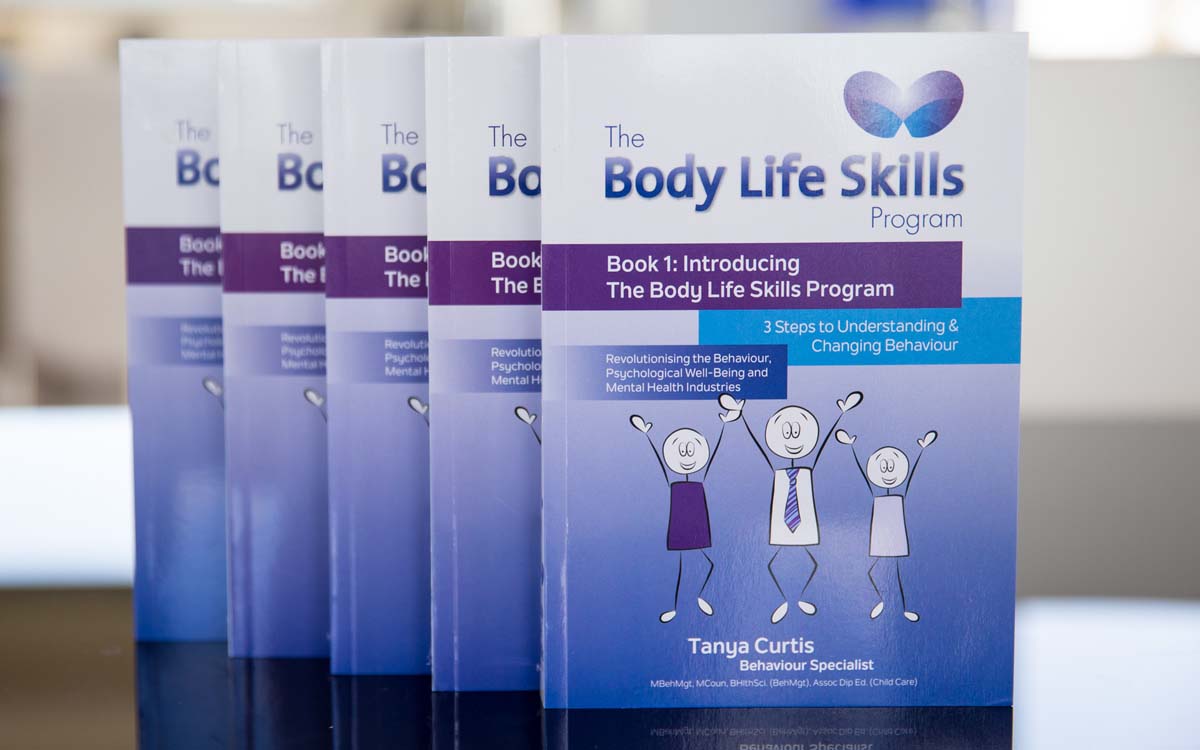Observing a playground full of children, it does not take long to identify a similar feel to a hospital and even an airport. How, you may ask? Three vastly different places, how could they possibly be similar? Simple, all three places are filled with emotions of varying intensity from one spectrum to the other — complete sadness for some yet overwhelming joy for another; all in one place.
In the playground we hear the giggles, laughter and squeals of delight from some, yet can feel the total despair, sadness and even frustration and anger from others. Why the extreme? In the hospital and airport as some say goodbye while others say hello to loved ones the opposing emotions seem understandable.
But a playground: is it not our picture that playgrounds are fun for all? If so, then why the tears, why the frustration and why the tantrums?
Funnily enough, the playground could actually be viewed as a school. No, there are no academics or formal teachers, however, the playground is without any doubt a school of life. The playground is filled with countless opportunities for children (and their parents) to learn and develop new skills to respond to the demands of life.
No matter what behaviour looks like, it is happening for a reason.
Before we try to change behaviour we must first understand the reason for the behaviour. We know that every tantrum, feeling of frustration, anger, sadness etc. is simply a person’s way of communicating how they are experiencing life.
- All unwanted behaviour is a result of anxiety first.
- Anxiety is a result of a person feeling that they don’t have the skills to respond to a part of life they have been presented with.
- A person’s body is simply a form of communication. From our body come our:– Behaviours – Words – Thoughts – Feelings
- Sometimes what the body expresses is thumbs up (i.e. wanted or preferred behaviours, words, thoughts and feelings) and sometimes what is expressed from the body is thumbs down (i.e. unwanted or non-preferred behaviours, words, thoughts and feelings).
- A person’s body must never be judged, rather understood.
- To understand, we need to ask: “I wonder why that unwanted behaviour, word, thought or feeling is being expressed?”:
– I wonder what part of life the person feels they do not yet have the required skills to respond to? – I wonder what skills this person would benefit from developing to help them change their own experience of life to be one they feel more equipped to respond to?
Hence, once a person has the required skills to respond to life, we know their body will express wanted behaviours, words, thoughts and feelings. Thus the tantrums, frustrations, withdrawals and tears of despair etc. in the playground are simply the child expressing:
“There is a part of life I feel I don’t have the skills to respond to yet. Please help me develop the skills”.
What if we approached the playground in the following way:
- Let me identify the parts of life my child may benefit from learning skills to respond to and then…
- I will help my child develop the skills so they feel equipped to respond to life.
- Initiating, continuing and ending an interaction with another child.
- Other kids not doing what I want them to do.
- There is a pre-existing group or game and I want to be included. How do I do this?
- There is a big line up for the swing but I want my turn now. How do I wait?
- When I win I like to let everyone know. How do I win tactfully?
- I hate losing. How do I lose graciously?
- Other kids think they are better than me and I don’t like it. I don’t like making mistakes.
- I’m not yet ready to leave, but you are saying it’s time to go.
- I’m not very good at identifying what my body feels like when I need a break and need to come and sit out for a rest. Please help me learn this.
- Sometimes I’m having so much fun in my play that I don’t realise I need to go to the toilet.
- Lots of things don’t happen the way I want them to and I get lots of smashed pictures.
Once we identify the parts of life a child is struggling with in the playground we are able to support them to develop the skills.
You as a parent are a forever teacher of life to your child, your life student.
This article and accompanying image were originally published in the Autumn Edition 2016 of Source Kids Magazine.
